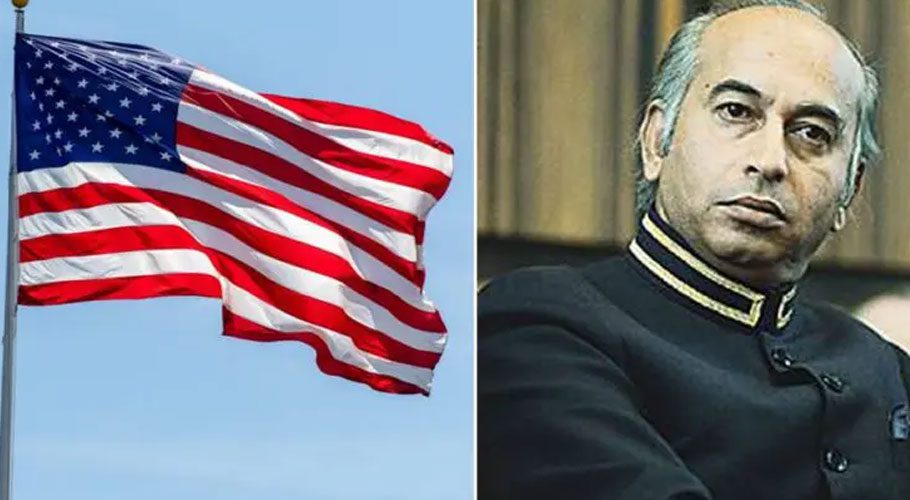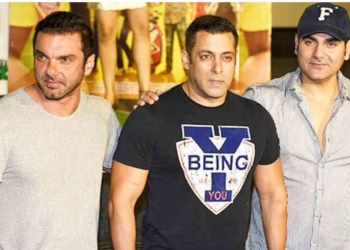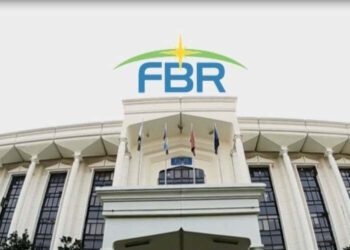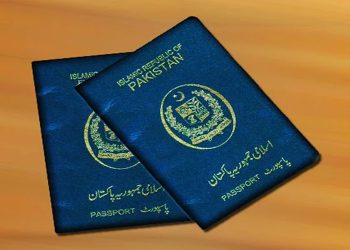Nowadays, I try to read books in the time that is left, in addition to the countless precious hours wasted on social media. Karamat Ghauri was our former ambassador, who has held various diplomatic positions in important places like Kuwait, Algeria, Turkey and China.
Many more ambassadors have passed, but only a few have penned their memoirs. Karamat Ghauri is one of them. He has recently published a book titled, “Rozgar Safeer”, in which he has narrated many interesting stories in it. Ghauri has also penned down his experiences, observations and the things that he owed to history.
After reading this book, I found many missing links from different events of Pakistani history. There is a well-known incident regarding Bhutto’s last days that Pakistani agencies taped the conversation of a US diplomat in which the sentence was uttered, “Party is over”.
Bhutto himself pointed out this and claimed that the code word phrase means that his government days were now numbered. After telling this to the media, Bhutto made sharp attacks on the Americans in his own way, called them elephants and much more.
Karamat Ghauri was then in charge of the Foreign Ministry in Islamabad. He describes the incident in detail in his book. The former ambassador wrote in those days some officers of the US embassy used to visit the Foreign Office frequently, two of them was a couple.
The husband’s name was Howard Schaefer, also known as Howie, and his wife, Teristha, was also a diplomat. The battle between the nine stars of Bhutto and PNA was a clash of elephants in which Howie Schaefer came out from nowhere. Uncle Sam’s representative, the US embassy, and his vigilante diplomats were watching the power struggle with great interest. It is the job of diplomats to keep their hands on the pulse of the host country at all times.
According to Karamat Ghauri, a sensitive conversation of Howie Schaefer – which he was having with a counterpart of the US Embassy in Delhi – was recorded by our agencies and it was so shocking that they immediately reported the news to Prime Minister Bhutto.
As per the recorded conversation, Howie Schaefer was telling his counterpart in Delhi about Bhutto’s growing anxiety that the circle of opponents around him was getting narrower day by day. When, on the other hand, the question arose as to what could be the result of the black shadows on Bhutto’s horizon. Schaefer replied, “The Party is over for the Bhutto.”
Bhutto’s ego was ashamed of the heights of the Himalayas and the Karakoram under normal circumstances anyway. Howie Schaefer’s prediction weighed heavily on his heart. How an ordinary diplomat dare to talk about the decline of the emperor of Pakistan. Mr Bhutto immediately ordered the Foreign Ministry to expel Howie Schaefer and declare him an undesirable person.
Howie Schaefer was given a 48-hour deadline. The US embassy transferred Howie Schaefer to Delhi within 24 hours without protesting or objecting to Bhutto’s decision. Bhutto’s ego was attacked, he was trembling and in the same shakiness he addressed the nation that evening which proved to be his last speech.
In the same address, he apprised the nation of the PNA’s nexus with outside powers and uttered the historic phrase which became the last nail in the coffin of his political decline. Bhutto hit the chair he was sitting on and said, “I can be weak, but this chair is strong”. In that moment, he would have thought that in a few days he would be leaving the chair.
Karamat Ghauri, after elaborating on the incident, made an interesting point and made a revelation which I have not read anywhere else till today. He wrote: “According to diplomatic custom, if a diplomat is declared undesirable by the host country, he is called back to his country, but instead of inviting Howie Schaefer to Washington, the US government stationed him in Pakistan’s neighborhood, Delhi. Why that happened? We, the Foreign Office, have been working tirelessly to resolve this issue, until July 5, when another martial law was introduced in Pakistan.”
“The implementation of martial law was announced in the morning. That same evening, there was a reception at the US Embassy on the occasion of US National Day, July 4. Howie Schaefer was among those who greeted the guests with smiles on their faces. As soon as martial law was enforced, Schaefer turned to Islamabad. With Bhutto’s downfall, the sun of Schaefer’s fortune rose.”
“With this declaration of victory, Schaefer and the country he was diplomatically representing wanted to send a message to us: ‘Remember, don’t make the mistake of snatching sugarcane from elephants. We are the crocodile of the river, if you want to live in the river, don’t keep rage for us.”
The former ambassador further writes: “Like Bhutto, Howie Schaefer has become history, but I still wonder if what happened was a drama whose script had already been written. All Islamabad diplomats were familiar with the habit (tapping phones) of our agencies. Then there was the epidemic in which embassies were being closely monitored.”
American diplomats were more secretive than others. What was hidden from them? Then why did Howie Schaefer knowingly say something that would become a loaded gun in Bhutto’s hands against him? Was it intended to provoke Bhutto? Or did the Americans want to give a message to Bhutto in gestures and allusions? What message did they want to convey?





































